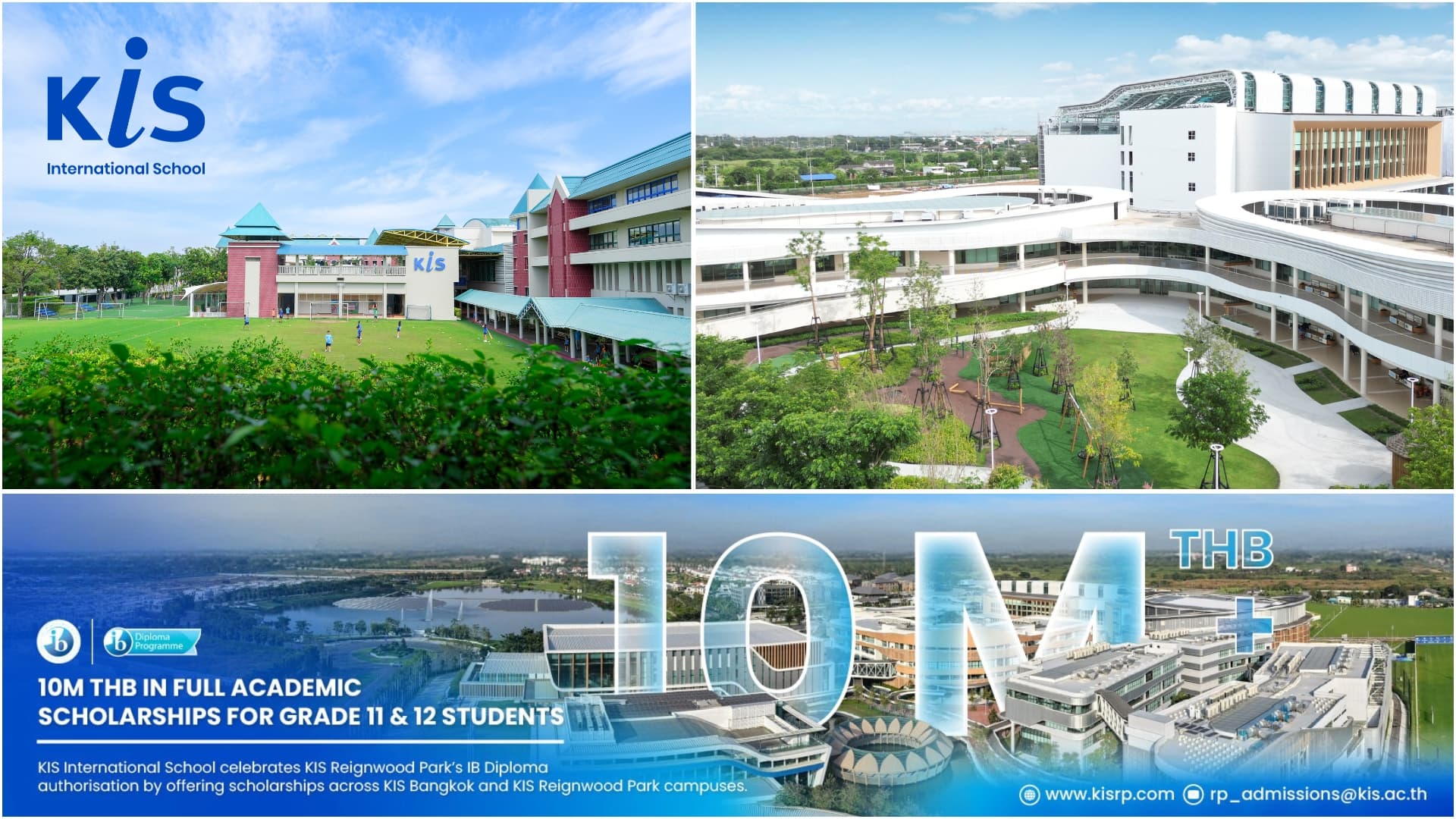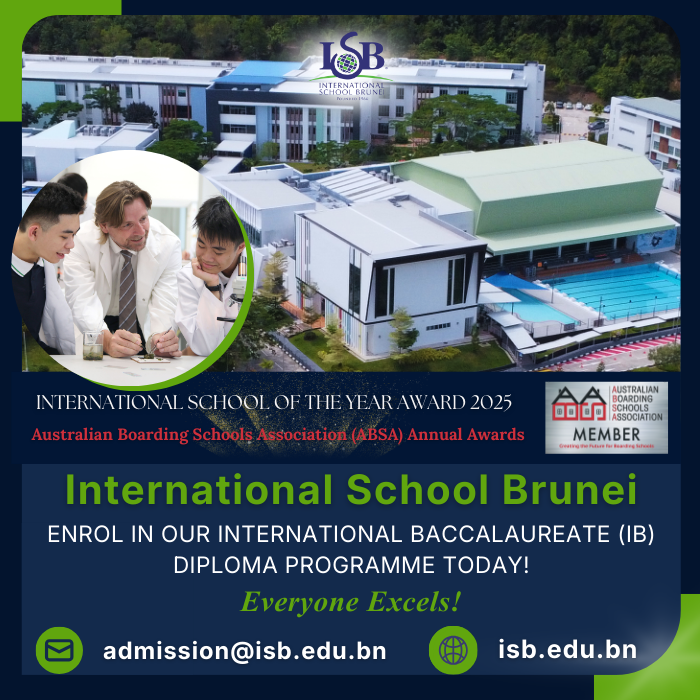What Is Pre-University in China?
Pre-university is simply defined as the time period before entering university. In China, students usually go to vocational educations programs before entering into higher education programs. The level of the vocational programs is known as zhuanke (专科), which takes about two to three years to complete. After this program, students may even take an “upgrading” program which allows them to get a Bachelor’s degree, which is known as benke (本科). However, it depends on the course as there are only a few courses that are offered. These vocational institutions are supervised at the provincial level in China. Aside from that, there are universities in China that offers various internationally recognised pre-university programmes for local and international students.
The Benefits and Importance of Pre-University
Pre-university education is an important stepping stone in an individual’s academic life before they transition to university. Students have a chance to determine what programme they want to pursue based on their interests, passions, aspirations and budget. This is also the time where their learning preferences and learning styles will be fully developed. In addition, they can also gauge their level of interest in academics and whether they want to enter the workforce right away. As pre-university courses are offered by colleges and universities, students will experience a taste of university life and this provides them an opportunity to hone their soft skills and interpersonal skills.
What are Pre-University programmes?
The topics one learns at pre-university is heavily dependent on the type of pre-university programme chosen. Generally, pre-university courses cover a variety of subjects in Science, Arts, Humanities and Languages. Students have the opportunity to pick the subjects they want to focus on according to their academic goals. Most pre-university programmes will have broad subjects that will provide students with the qualifications needed to enter a range of undergraduate programmes. Diploma programmes are the only pathway that leaves graduates with a specific skill set that allows them to enter the workforce right away.
Types of Pre-University Programmes
A typical A Level programme takes up to two years to complete. A minimum of three A Level subjects is required to enter most universities. A Level is divided into Advanced Subsidiary (AS Level) and A2 Level. Examinations are carried out at the end of each level and carry 50% of the overall grade. A Level results will be recognised globally and allow you to enter most private and public universities around the world.
The American Degree Programme (ADP) leads directly to a degree and takes around four years to complete. Many institutions offer credit transfer options which allow students to continue their degree in American universities. Students can opt for 2+2 (two years in home country and two years abroad) or 1+3 (one year in home country and one year abroad). Alternatively, students can complete the entire ADP locally as some colleges also offer 4+0.
The International Baccalaureate Diploma Programme (IBDP) is a two-year programme and is offered by a number of international schools. Applicants need to have excellent academic results in addition to passing an entrance test and interview. The IBDP requires students to complete six subjects, which are assessed through assignments, oral presentations and examinations. Each subject is graded from 1 to 7, with 7 being the highest.
Foundation programmes are catered to students who want to continue their undergraduate degree in the same university. The most common Foundation programmes are in Science, Arts and Business. Taking a year to complete, Foundation courses are assessed through a combination of assignments, quizzes and exams.
Types of Pre-University in China
Students can attend local vocational schools in China to take the vocational education program which lasts up to two to three years before pursuing a Bachelor’s degree. Students who intend to pursue a vocational education program in China are encouraged to have Chinese language skills as it would be helpful. Aside from that, students have the option of attending privately owned universities in China which offer pre-university programmes such as the Foundation programme, A Level, and many others.
How do you apply for Pre-University in China?
Students in China or students planning to further their studies in China should start early and do as much research as possible before choosing a pre-university programme. It is important not to follow what friends are doing or choose a course because the course seems easy. Information is readily available online with course structures, fees, duration, career prospects and many more. In addition, students need to make sure they meet the entry requirements and have the qualifications needed to enrol in a particular course. Students can also visit Open Days and higher education fairs to see what pre-university options are available to them.
How to choose the right Pre-University
Enrolling in a pre-university programme that fits your needs paves the way for a positive and fulfilling education experience and eventually a long-lasting career. Before choosing a pre-university course, it is important to ask yourselves the following questions:
- Do I want to study locally or abroad?
- Do I want to pursue an undergraduate degree? If so, which field would I like to explore?
- Do I possess the entry requirements needed for the pre-university programme?
- What are my learning preferences? Do I enjoy studying for examinations or thrive in group work and presentations?
- What is my budget for pre-university studies? Are there scholarships or financial aid available?
References:

























![[St. Joseph’s Institution International School Malaysia] The Lasallian Education Ethos for a Better Future - Gratitude and Giving](https://eda.sgp1.digitaloceanspaces.com/production/TfRAxzU6ATHvsmC0lblUPD8peQ36lt.jpeg)







